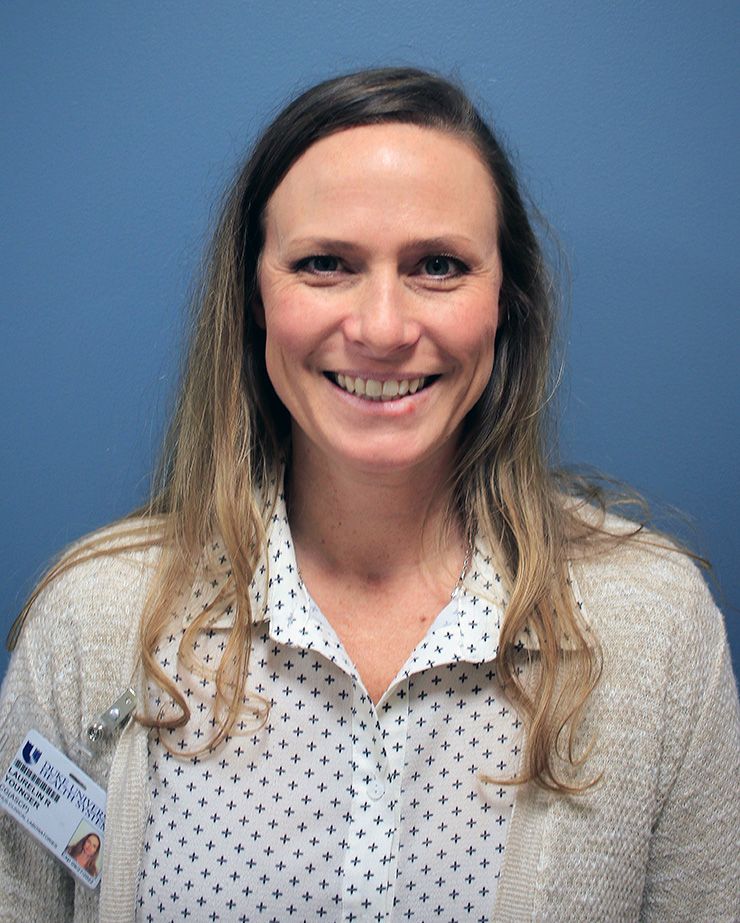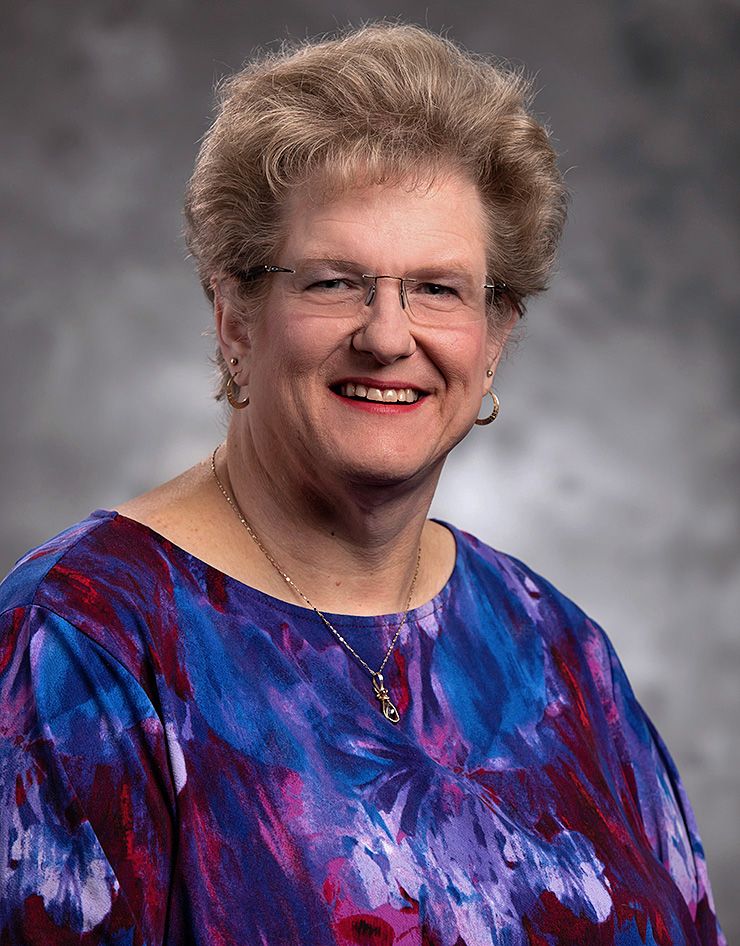Upcoming Workshop: Become an Expert at Sharing Your Expertise
‘Train the Trainer Boot Camp’ sessions in October can help you become a better teacher and mentor to learners around you

When Laurelin Younger first took the “Train the Trainer Boot Camp,” she just wanted to learn how to better teach pathology residents who passed through her cytogenics lab.
 Six years later, Younger, now the education and training coordinator for Duke University Health System’s laboratories, sees the Duke Learning & Organization Development (L&OD) course as a pivot point in her career.
Six years later, Younger, now the education and training coordinator for Duke University Health System’s laboratories, sees the Duke Learning & Organization Development (L&OD) course as a pivot point in her career.
“I saw a need to take the Train the Trainer course to develop a more efficient and effective training model for our residents,” said Younger, who moved into her current role last year. “It ended up sparking a passion in me for training, and helped me identify how to make the program better, and then growing from there.”
The Train the Trainer Boot Camp is designed for subject matter experts who train employees as part of their job. Participants will learn how to design a course and pick up techniques for transferring a variety of knowledge and skills to those around them.
The next edition will be held in-person over three Monday mornings on October 17, 24 and 31.
 “There are hundreds, if not more, people around Duke who train employees on procedures, software, or processes, or who give presentations to their peers, but don’t have a background in adult education,” said Joy Birmingham, assistant director for L&OD and the course instructor. “This is a way for them to get a deep dive into adult education and instructional design so they can stand and deliver all kinds of information.”
“There are hundreds, if not more, people around Duke who train employees on procedures, software, or processes, or who give presentations to their peers, but don’t have a background in adult education,” said Joy Birmingham, assistant director for L&OD and the course instructor. “This is a way for them to get a deep dive into adult education and instructional design so they can stand and deliver all kinds of information.”
The course came in handy for Younger when she was a medical laboratory scientist tasked with training pathology residents on how to test for genetic disorders on the chromosomal level. In many labs, the residents, who spend roughly a month in the lab during their rotation, would mainly observe the work taking place and have their questions answered by lab team members.
After attending the boot camp, Younger found ways to create a more robust training experience.
Younger said the course taught her to identify needs of the people she’s charged with training and tailor her approach to them. She also gained an understanding of how to better reach adult learners, who benefit from tying lessons to experiences.
The course also began a professional development journey that saw Younger expand her training skills and eventually move into her current role, where she helps oversee training programs for many of Duke University Health System’s labs.
“There’s some sort of training probably going on in everyone’s job,” Younger said. “Anytime you have a new hire, you have to train them. You’re always going to have training as people develop professionally. In a teaching hospital, we have residents, med students and all sorts of students. And we also have our own continuing education. We’re all lifelong learners whether we want to be or not. So if you train or mentor in any capacity, this might be a good course for you.”
Send story ideas, shout-outs and photographs through our story idea form or write working@duke.edu.